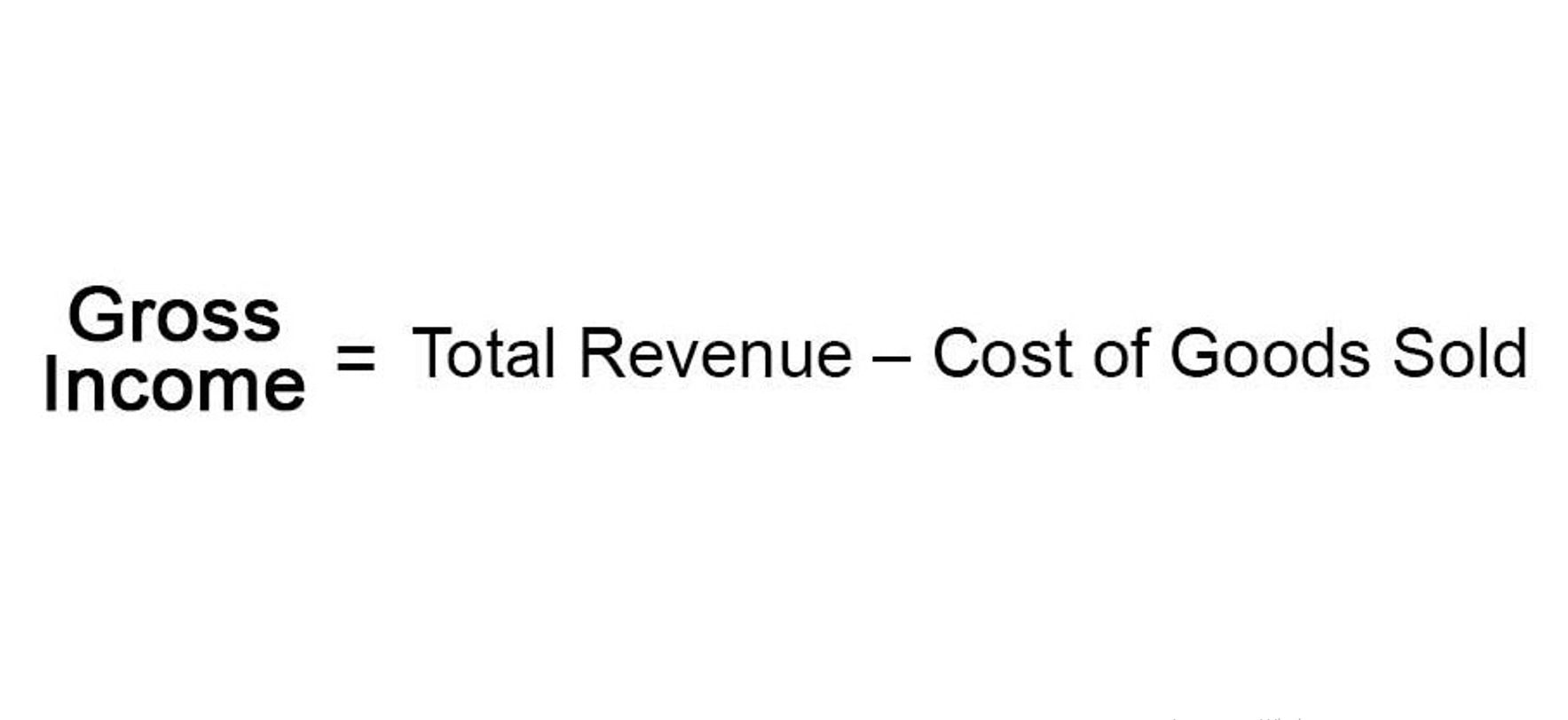
Adhering to accounting standards ensures records are comparable across reporting periods. Because of its ease of use, many small businesses prefer this method for their bookkeeping. Explore the key differences between cash and accrual accounting and how they impact business financials, offering insights for better financial management. By recording accrued revenue, your financial statements show income in the period it was earned, helping you track profitability accurately, even if payment comes later.
Review and Comparison: GnuCash vs. Other Accounting Software

In accrual accounting, an “accrual” refers to recording revenues and expenses that are earned or incurred but haven’t yet been paid in cash. The main difference between accrual and cash basis accounting lies in the timing of when revenue and expenses are recognized. The cash method provides an immediate recognition of revenue and expenses, while the accrual method focuses on anticipated revenue and expenses.
Advancements in Accounting Software
Consulting with a tax professional is crucial for optimizing your tax strategy under either method. Choosing the right accounting accrual basis accounting method is crucial for businesses of all sizes. The decision between cash and accrual basis accounting can significantly impact financial reporting, tax obligations, and overall business strategy.

Addressing Tax Implications of Each Method
The IRS mandates the type of accounting certain businesses must use to comply with their guidelines. If you employ a CPA, they might recommend one method over the other based on various factors, including your business type and how much income the business is bringing in. The Generally Accepted Accounting Principles (GAAP) requires publicly traded companies to use the accrual method of accounting.

Automate Deferred Revenue in QuickBooks
- The detailed insights offered by accrual accounting can be invaluable for making informed business decisions, managing resources effectively, and securing financing.
- It smooths out the bumps in revenue and expense recognition, offering a more consistent view of your earnings over time.
- Under the accrual method, the $5,000 is recorded as revenue as of the day the sale was made, though you may receive the money a few days, weeks, or even months later.
- These articles and related content is not a substitute for the guidance of a lawyer (and especially for questions related to GDPR), tax, or compliance professional.
- Software like QuickBooks allows you to choose between the two methods for your accounting system and then automates the respective processes.
- Deferred revenue, also called unearned revenue, is money a business receives before delivering a product or service.
- Cash basis net income is solely a function of when the cash is received and paid.
Cash-basis accounting sometimes impacts the timing of revenue and expense reporting until cash receipts or outlays occur. For example, as you saw above, Chris measured the accounting performance of her landscaping business for the month of August using cash flows. The IRS sets limitations on the use of cash basis accounting based on a business’s average annual gross receipts.
Accrual Accounting vs. Cash Basis Accounting: An Overview
You’d record both the expenses and the income in June to line up with when you completed the project and income was earned — even though you weren’t actually paid until July. Now, when you look at your income statement, you can see that the job was actually quite profitable. If you’re unsure which method makes sense for you, talk with your accountant or bookkeeper.
- Let’s look at an example of how cash and accrual accounting affect the bottom line differently.
- Learn how to build, read, and use financial statements for your business so you can make more informed decisions.
- By including accounts receivable (money owed to you) and accounts payable (money you owe), it offers a more complete picture of your financial position.
- However, it requires detailed recordkeeping and a robust accounting system to track receivables and payables accurately.
- For example, sales are recognized as revenues when they are made and services are recognized when they are performed, regardless of when the cash from that sale or service is actually collected.
- Accrual-focused accounting tracks revenue as it is earned and expenses the moment they are incurred.

By aligning revenue with related expenses, accrual basis accounting offers a clearer view of profitability and provides a more accurate picture of assets and liabilities on the balance sheet. That’s why this accounting method is required by GAAP for publicly traded companies and is favored by many businesses looking to get a clear view of their financial standing. Accrual accounting offers a more consistent view of your business’s financial performance. By recognizing revenue when earned and expenses when incurred, it smooths out the unpredictable ups and downs that can occur with cash basis accounting. This provides a more accurate and predictable picture of your earnings over time, as explained by Tipalti. This consistent view is especially helpful for long-term planning and analysis.
The key difference between the two methods is the timing in which the transaction is recorded. This method is preferred by larger businesses and those required to comply with GAAP, as it offers a more accurate bookkeeping for cleaning business financial picture. Accrual accounting offers several practical benefits, making it a smart choice for many businesses. Ace Fitness offers an annual membership plan that requires customers to pay $1,200 upfront in January. Initially, Ace records the payment as deferred revenue because the service hasn’t yet been provided.
